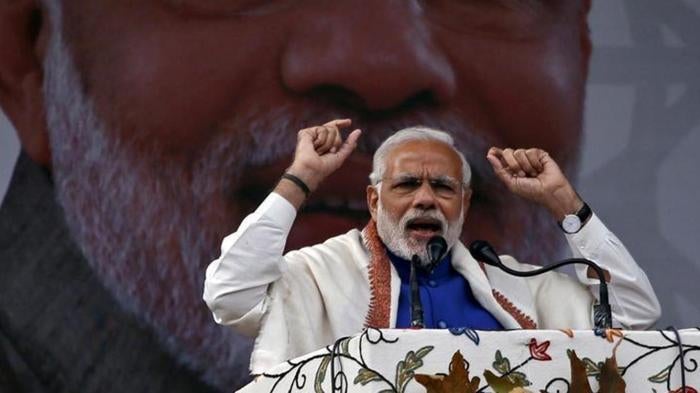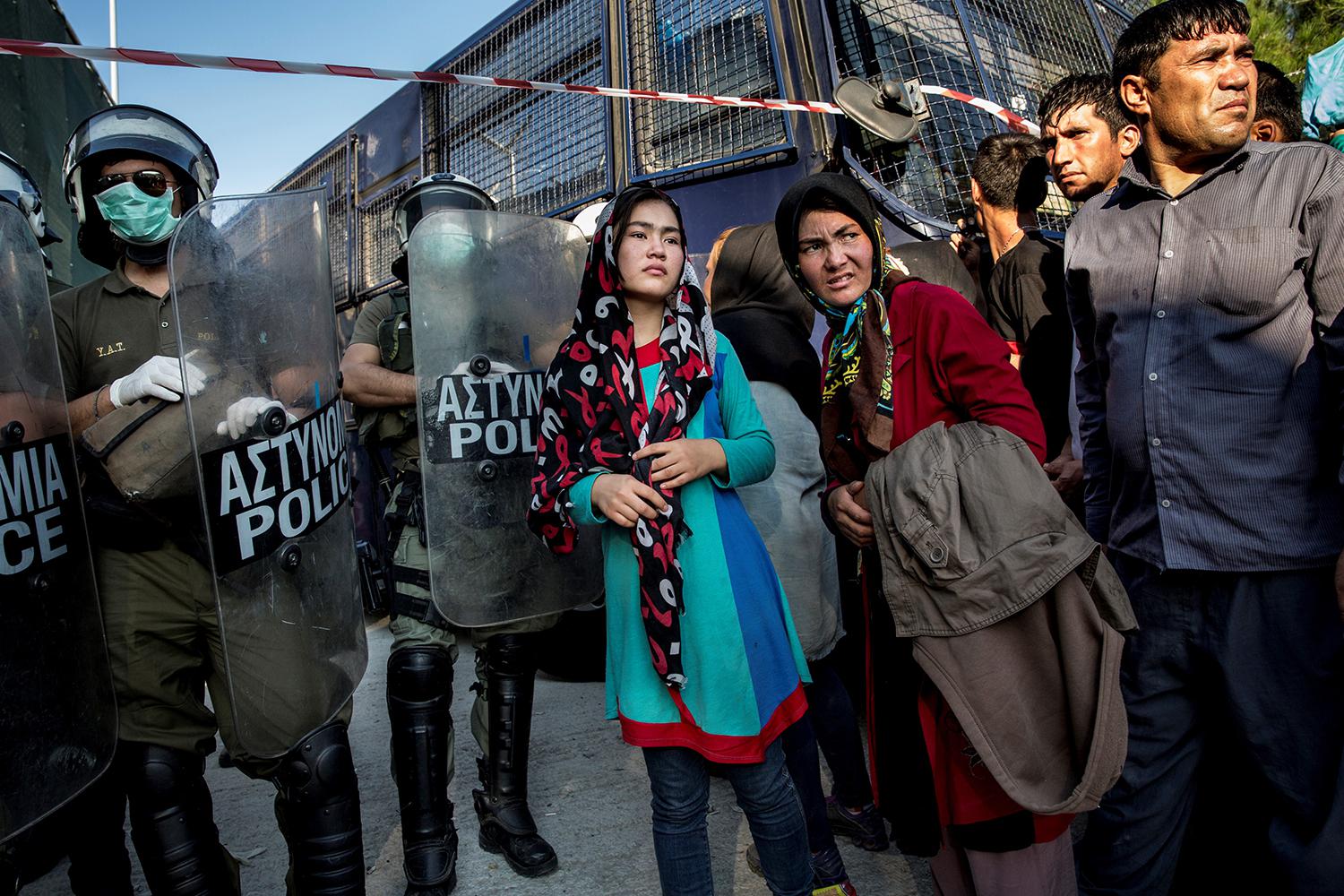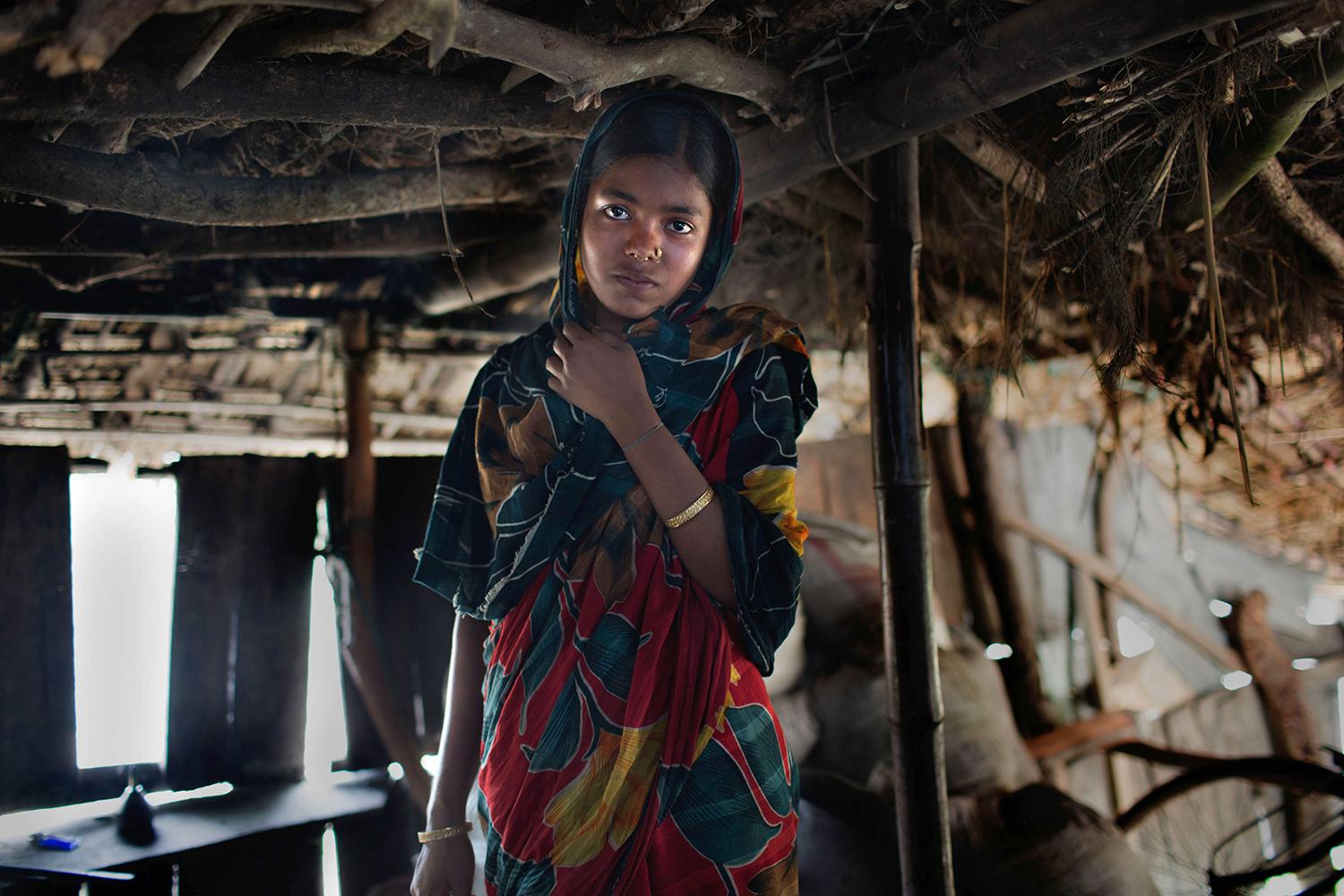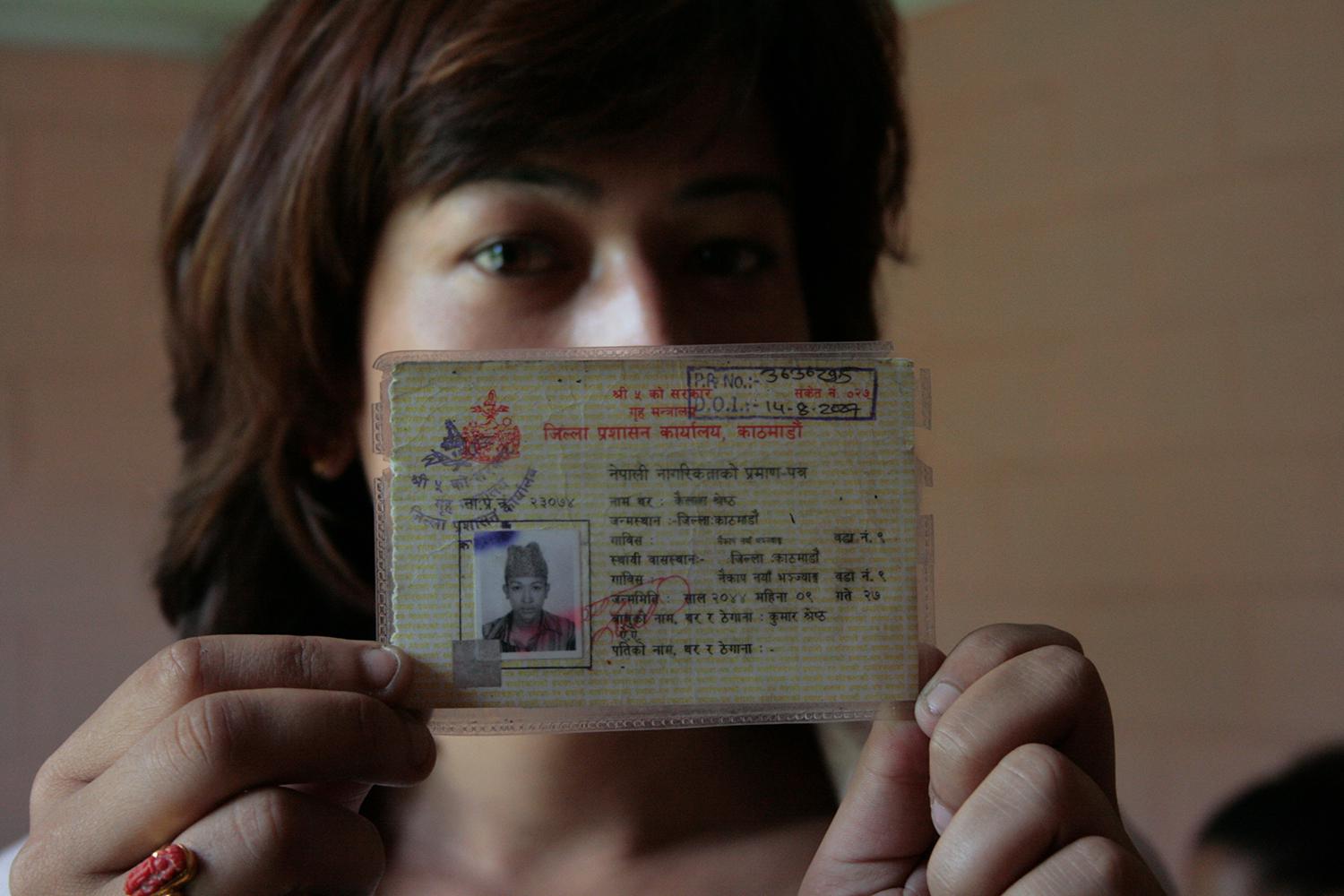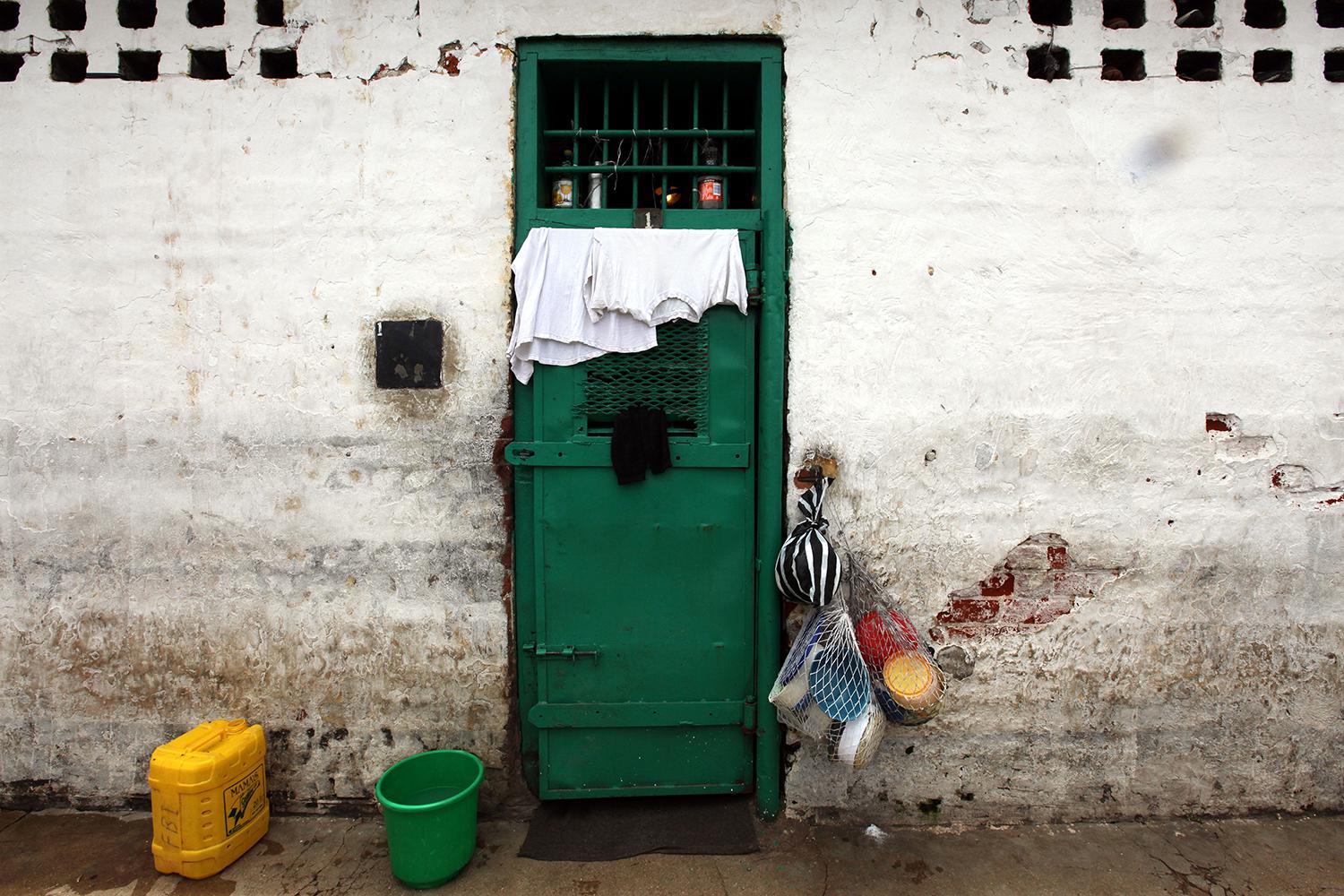India, the world’s largest democracy, has a strong civil society, vigorous media, and an independent judiciary, but also serious human rights concerns. The government did little in 2015 to implement promises by newly elected Prime Minister Narendra Modi to improve respect for religious freedom, protect the rights of women and children, and end abuses against marginalized communities.
Even as the prime minister celebrated Indian democracy abroad, back home civil society groups faced increased harassment and government critics faced intimidation and lawsuits. Officials warned media against making what they called unsubstantiated allegations against the government, saying it weakened democracy. In several cases, courts reprimanded the government for restricting free expression.
Religious minorities, especially Muslims and Christians, accused the authorities of not doing enough to protect their rights. Some leaders of the ruling Bharatiya Janata Party (BJP) made inflammatory remarks against minorities and right-wing Hindu fringe groups threatened and harassed them, in some cases even attacking them.
There was encouraging progress on security force accountability in 2015, with the army confirming life imprisonment for six soldiers for a 2010 extrajudicial killing of three villagers in the Machil sector in Jammu and Kashmir states. The rare guilty verdict was delivered by a military court in November 2014 and was confirmed in September 2015.
However, the government failed to repeal laws that provide public officials and security forces immunity from prosecution for abuses without prior authorization. Lack of progress in implementing long-overdue police reforms showed the unwillingness among public officials to make the force more accountable and free from political interference.
Dalit rights groups welcomed progress toward enactment of the Scheduled Castes and Scheduled Tribes (Prevention of Atrocities) Amendment Bill; if passed, the bill will strengthen protections for Dalit and tribal communities, and make it easier for them to pursue justice.
Treatment of Minorities
Four Muslim men were killed by Hindu vigilante groups in separate incidents across the country in 2015 over suspicions that they had killed or stolen cows for beef. The violence took place amid an aggressive push by several BJP leaders and right-wing Hindu groups to protect cows, considered sacred by many Hindus, and for a ban on beef consumption.
Churches were also attacked in several states in 2015, prompting fears of growing Hindu nationalist militancy under the BJP government. Anti-Muslim rhetoric by several BJP leaders, including members of parliament, further stoked insecurities among religious minorities.
The authorities did not press robustly for prosecution of those responsible for violent attacks on minorities, and impunity for the assailants contributed to a sense of government indifference to growing religious intolerance.
Dozens of writers protested against sectarianism and the silencing of dissent by returning prestigious literary awards bestowed by the Sahitya Akademi, India’s National Academy of Letters. Artists, academics, filmmakers, and scientists also added their voices to the protest. Economists and business leaders warned that the Modi government risked losing domestic and global credibility if it failed to control Hindu extremism and restrictions on freedom of expression.
A Delhi court in March acquitted all 16 policemen accused in the 1987 killing of over 40 Muslims during communal riots in Uttar Pradesh state, citing lack of evidence. The verdict exposed the inability, or unwillingness, of investigators to secure evidence for proper prosecution of such crimes.
The government failed to implement policies to protect Dalits and tribal groups from discrimination and violence. New revelations by an investigative news website on 6 major incidents of violence against the Dalit community in the 1990s in Bihar state—in which at least 144 people were killed by an upper-caste militia—once again triggered dismay over the difficulty marginalized communities face in obtaining justice.
Several commanders of the militia group admitted their complicity in the killings on camera and also implicated senior political leaders, even as courts acquitted nearly all of them due to lack of evidence, highlighting the failure of the prosecutorial authorities. Lack of protection for witnesses, who often refuse to testify or turn hostile because of threats and harassment from powerful perpetrators, remains a serious problem.
Impunity
In May, the northeastern state of Tripura revoked the draconian Armed Forces Special Powers Act (AFSPA), citing a decline in insurgency. However, it remains in force in Jammu and Kashmir and in other northeastern states. AFSPA has been widely criticized by rights groups and numerous independent commissions have recommended repealing or amending the law, but the government has not done so in the face of stiff army opposition.
A May report by the United Nations special rapporteur on extrajudicial, summary, or arbitrary executions noted that “impunity remains a serious problem” and expressed regret that India had not repealed or at least radically amended AFSPA.
Proposed police reforms again stalled in 2015 even as police committed serious violations including arbitrary arrests, torture, and extrajudicial “encounter” killings. In April, police killed 20 men in the forests of Andhra Pradesh, alleging they were smugglers and claiming they fired in self-defense. On the same day, five terrorism suspects in Telangana state were killed in custody as they were being transported from jail for a court hearing. Investigations are pending in both cases; rights groups say there is evidence that police staged both sets of killings.
In 2014 and 2015, several police officials were reinstated in Gujarat despite having been implicated in the alleged 2004 “encounter” killing of 19-year-old Ishrat Jahan and three others, raising concerns about the government’s commitment to police accountability.
Women’s Rights
Violence against women, particularly rape and murder, made headlines throughout 2015. While legal reforms introduced in response to the 2012 Delhi gang rape and murder gave prosecutors new tools for pursuing such crimes, they also expanded use of the death penalty. The Indian government does not appear to have a mechanism in place to track the efficacy of the reforms in preventing and punishing sexual violence. It has also failed to take effective measures to reduce sexual harassment and improve women’s access to safe transportation.
In August, village leaders in Uttar Pradesh state allegedly ordered the rape of two Dalit sisters to pay for the “sins” of their brother who had eloped with a higher-caste woman. These unofficial village councils, called Khaps, made up of men from dominant castes who often enjoy political patronage, are known to issue edicts restricting women’s mobility and rights, and condemning couples for marrying outside their caste or religion.
Children’s Rights
In May, the lower house of parliament passed amendments to the Juvenile Justice Act to permit prosecution of 16 and 17-year-olds in adult court when charged with serious crimes such as rape and murder. A parliamentary standing committee, children’s rights activists, and the National Commission for Protection of Child Rights all strongly oppose the amendments.
In May, the cabinet cleared amendments to the prohibition of child labor law. If passed by parliament, they would prohibit most employment of children under 14, but would permit them to work in family enterprises after school hours. This amendment, in the absence of effective implementation of the right to education law, could actually push more children into child labor.
Government statistics show that two out of five children drop out of school before completing eighth grade. The numbers are even higher for children from poor and marginalized communities because of discrimination based on caste, religion, and ethnicity. Those who drop out often end up being subjected to child labor and early marriage.
Sexual Orientation and Gender Identity
LGBT individuals continue to face harassment, extortion, intimidation, and abuse, including by the police. In December 2013, the Supreme Court upheld the constitutionality of section 377 of the Indian penal code, which criminalizes same-sex conduct between consenting adults. An appeal was pending at time of writing.
The upper house of parliament approved a proposed law in April that, if enacted, would protect the rights of transgender people. In 2014, the Supreme Court mandated legal recognition of transgender people as a third gender and ruled them eligible for special education and employment benefits.
Disability Rights
The Mental Health Care Bill and Rights of Persons with Disabilities Bill, both pending in parliament at time of writing, would advance the rights of people with disabilities, though still fall short of international standards. Further steps are needed to fully protect the rights of such individuals. In early 2015, the Indian government initiated it’s first-ever survey on the condition of women living in mental health institutions across the country.
Restrictions on Free Speech
In a big win for online expression, in March the Supreme Court struck down section 66A of the Information Technology Act, which criminalized a broad range of speech and had been used by authorities to pursue critics of the government.
In several cases, interest groups that claimed to be offended by books, movies, or works of art pushed for censorship or harassed authors. The government often allowed them a “heckler’s veto” rather than protecting those under attack. In January, a Tamil author decided to give up his writing career after being coerced by state authorities to tender an unconditional apology to calm down angry mobs unhappy with one of his books.
Overbroad and vaguely worded sedition, criminal defamation, and hate speech laws were used to harass and prosecute those expressing dissenting, unpopular, or minority views. In October, authorities in Tamil Nadu state arrested a folk singer under the sedition law for two songs that criticized the state government. The same month, Gujarat police arrested Hardik Patel, who is spearheading protests to demand quotas in education and government jobs for his community, and charged him with sedition in two separate cases.
Civil Society and Freedom of Association
Authorities in 2015 intensified their crackdown on civil society by using the Foreign Contribution Regulation Act (FCRA), a law regulating grants from foreign donors, to harass organizations that questioned or criticized government policies. The government cut off funds to organizations, including Greenpeace India, and put restrictions on others, including the Ford Foundation.
Authorities labeled activists “anti-national” when they questioned government infrastructure and development projects or sought justice for victims of the 2002 communal riots in Gujarat. Such tactics had a chilling effect on the work of other groups. The government’s nationalist rhetoric was echoed by conservative media, creating an increasingly hostile environment for human rights groups.
In January, the government barred Priya Pillai, a Greenpeace India activist, from boarding a flight to London where she was to speak to members of the British Parliament, alleging that her testimony would have portrayed the government in a negative light abroad at a time when it was looking to attract foreign investment. In March, the Delhi High Court ruled that authorities had violated Pillai’s rights to travel and to freedom of expression. In November, authorities in Tamil Nadu state, where Greenpeace India’s registered office is located, cancelled the organization’s registration.
Indian authorities also targeted activist Teesta Setalvad and her husband, Javed Anand, in what appeared to be acts of politically motivated intimidation, accusing them of violating the FCRA and receiving funds illegally, among other allegations. In September, the government suspended the registration of their organization, the Sabrang Trust, under the FCRA, and moved to cancel the license. Setalvad is well-known for her work supporting victims of the 2002 Gujarat riots and for seeking criminal charges against scores of officials, including Prime Minister Modi for his alleged involvement in the riots as the state’s then chief minister.
Death Penalty
On July 30, 2015, India executed Yakub Memon for his involvement in a series of bombings in Mumbai in 1993 that caused over 350 deaths. Memon’s execution sparked a debate in India over the merits of retaining the death penalty. Memon was the third person to be hanged since the government lifted an unofficial moratorium on capital punishment in 2012.
In August, the Law Commission submitted a report calling for abolition of the death penalty for all but terrorism-related offenses and “waging war” against the state.
Palliative Care
Millions of Indians with life-limiting illnesses continue to suffer needlessly from pain and other treatable symptoms. Amendments to the Narcotic Drugs and Psychotropic Substances Act adopted in February 2014 were expected to help improve access to opioid analgesics for patients suffering from severe pain, but it took until May 2015 for the government to issue partial implementation rules; without adequate guidance, implementation of the amendments had still not begun at time of writing.
India’s Foreign Policy
Acknowledging expectations that India play a more prominent leadership role in global affairs, Prime Minister Modi urged diplomats to “shed old mindsets” and act proactively on issues such as climate change and threats to global peace.
Despite its democratic traditions, however, India has not yet emerged as an effective proponent of human rights. For instance, in October, when India invited all 54 leaders of the African Union to a summit in New Delhi, it ignored calls by the International Criminal Court (ICC) to arrest Sudan’s president, Omar Hassan al-Bashir, who faces charges of war crimes and genocide in Darfur.
India responded swiftly to provide aid and relief to Nepal after a series of deadly earthquakes there killed over 9,000 people. But relations between the neighbors soured after India criticized Nepal’s new federal constitution, which failed to address the concerns of ethnic communities living along the border with India.
In June, Modi visited Bangladesh where he signed several agreements, including a border agreement that allowed the two countries to exchange small land enclaves that had left the people living there effectively stateless. India also met with Sri Lankan officials to promote post-conflict reconciliation and justice.
In visits to China in May and Russia in July, Modi discussed trade agreements but failed to speak publicly on human rights concerns. However, during an August trip to the UAE, Modi visited a labor camp in Abu Dhabi, indicating concern about the welfare of migrant workers in the Gulf.
Relations with Pakistan deteriorated after scheduled talks broke down in mid-2015, prompting UN Secretary-General Ban Ki-moon to call for a direct dialogue between the neighbors to de-escalate tensions.
India was a weak proponent of human rights at the UN in 2015. In March, India voted in support of a Russian-backed resolution to remove benefits for same-sex partners of UN staff. India abstained on Human Rights Council resolutions on Syria, North Korea, and Ukraine, and voted against resolutions on Iran and Belarus.
In July, India abstained on a UN Human Rights Council resolution that called for Israeli accountability in the 2014 Gaza conflict. The Indian government said it had abstained from voting because the resolution included a reference to bringing Israel before the ICC, which India considered “intrusive.”
Key International Actors
Several world leaders visited India in 2015, or hosted the prime minster in their capitals, evincing renewed global interest in trade and investment. Few foreign officials showed any willingness to raise human rights concerns publicly, deferring all too readily to India’s sensitivity to perceived intervention in its domestic affairs.
However, at a speech in New Delhi, US President Barack Obama sent a strong message warning of the dangers of religious intolerance and urging the government to uphold religious freedom. In May, the US ambassador to India expressed concerns over the challenges faced by civil society organizations in the country and the “potentially chilling effects” of the “regulatory steps focused on NGOs.”
